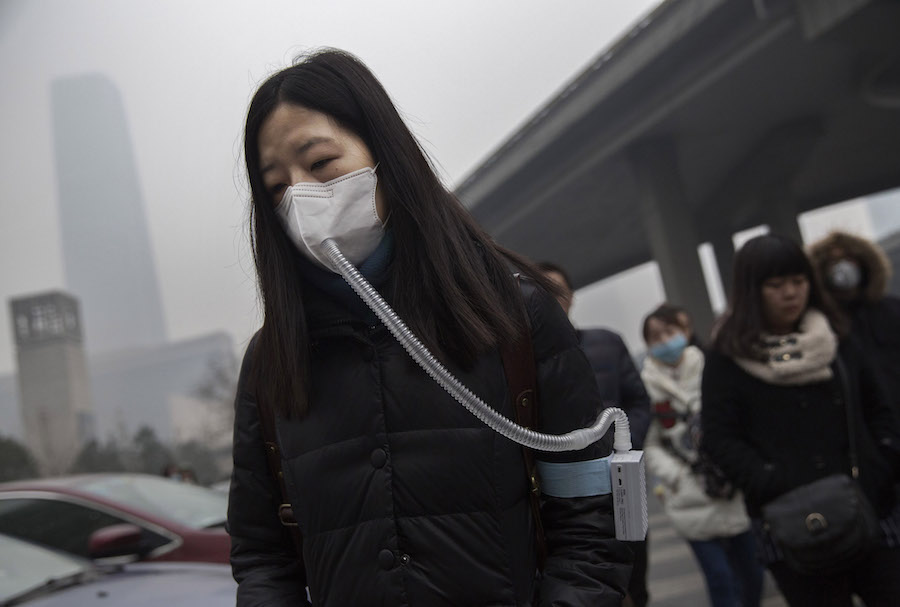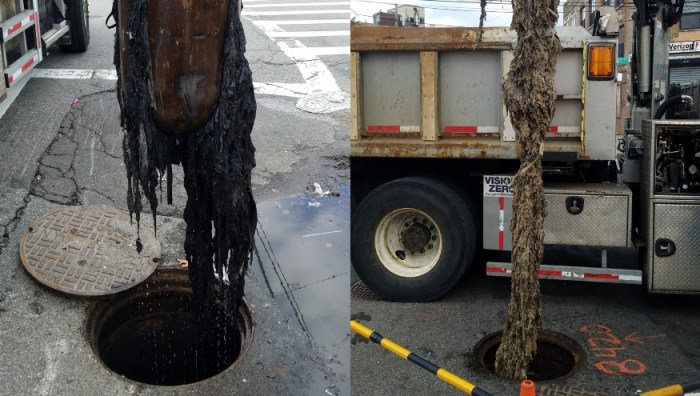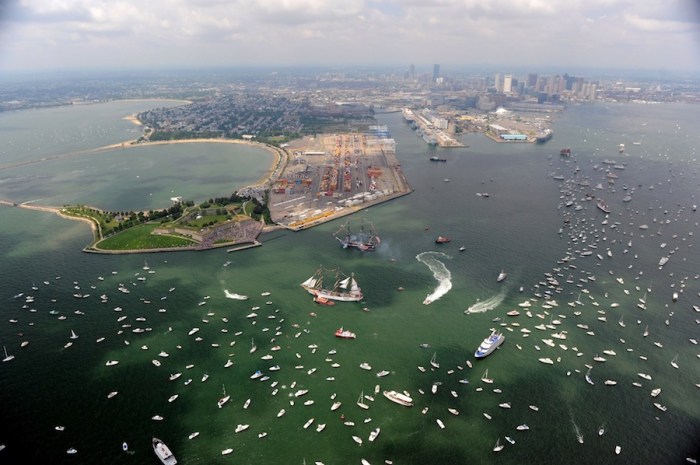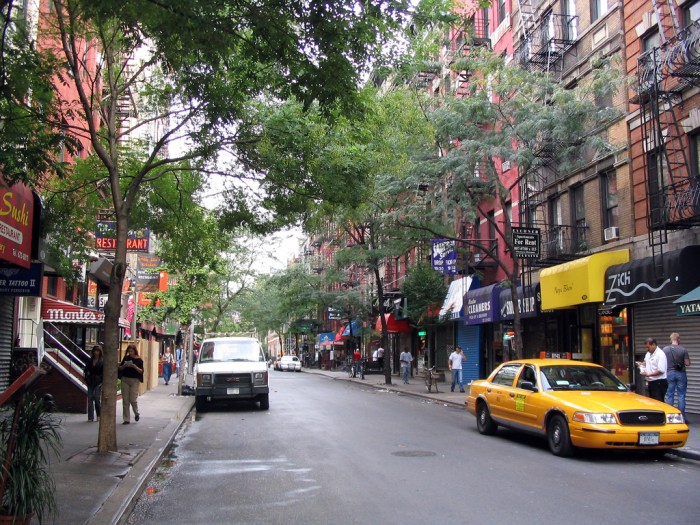A number of countries and environmental organizations are taking the threat of pollution more seriously than ever after a slew of studies highlighted the impact it can have on people’s health. Nations, including France and Britain, are promoting programs that either impose a charge on those owners driving “dirty”vehicles or prohibit their use entirely, with the aim of reducing emissions in major cities. Early this year, India piloted the odd-even car “rationing”system, which means that even and odd number plates are only allowed on the roads on alternate days, to combat high levels of pollution, while Mexico and Chile have implemented aggressive measures to remove millions of cars from the streets for days at a time. Experts say that there is a greater awareness of pollution around the world because “most cities of the world have traffic management problems and as a result, pollution in cities has increased, due to more people living in urban and not rural areas, causing the number of people exposed to air pollution to rise,” Frank Kelly, professor of Environmental Health at King’s College London, said. In addition to this, a study published recently by the International Energy Agency found that each year, an estimated 6.5 million deaths are linked to air pollution, with the number set to rise significantly in coming decades. The World Health Organization (WHO) revealed that more than 80 percent of people living in urban areas are exposed to air quality levels that exceed the limits of which the organization deems to be acceptable. They added that populations in low income cities are the most affected. Both university studies and the WHO’s figures that show pollution’s devastating effects on human health have also triggered alerts worldwide. “As urban air quality declines, the risk of stroke, heart disease, lung cancer, and chronic and acute respiratory diseases, including asthma, increases for the people who live in them,”claimed a WHO report published in May. This is backed up by independent research that suggests that pollution could cause kidney problems, heart disease and even mental illness in children. The future outlook doesn’t look good if the current trend continues. The International Energy Agency (IEA) estimates that premature deaths from outdoor air pollution are projected to rise from 3 million today to 4.5 million by 2040 unless the energy sector takes greater action to curb emissions. This issue will be further exacerbated as populations move from rural to urban areas, increasing the number of people affected by pollution. However, pollution not only affects the health of the population, but also their pockets. Data from the Organisation for Economic Co-operation and Development (OECD) shows that the annual healthcare costs related to air pollution reached $21 billion in 2015 and this figure is expected to grow to $176 billion by 2060, and the number of work days lost to air pollution-related illnesses is expected to jump from just over 1.2 billion to 3.7 billion by the same year. But what can be done about the growing problem of air pollution? Experts agree that the solution can only be found through tough government measures and changes in the habits of the general population. “Tighter emission standards for new vehicles, fiscal incentives to encourage people to purchase cleaner vehicles, restrictions on the most polluting vehicles entering cities, and measures to encourage the uptake of alternatively fueled vehicles (including electric and LPG vehicles),”are some of the recommendations cited by Richard Howard, Policy Exchange’s head of environment, in an interview with Metro. “People can do their bit to tackle air pollution by choosing to use less polluting modes of transport — such as public transport, walking and cycling.” – Daniel Casillas
Pollution is leading to an alarming rise in health problems among city dwellers

Getty Images


















